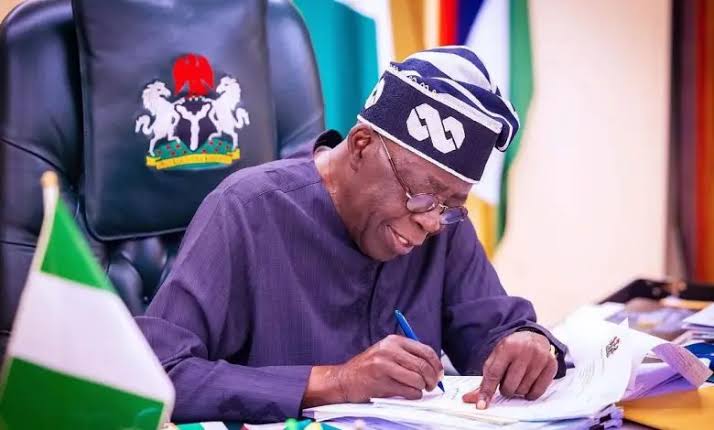Nigeria’s public debt is rapidly climbing toward an alarming ₦180 trillion mark following President Bola Tinubu’s recent formal request to the National Assembly for approval to borrow an additional ₦34.15 trillion. This development underscores the country’s ongoing struggle to finance critical infrastructure and social projects amid rising economic pressures.
In official letters presented during plenary sessions, Senate President Godswill Akpabio and House Speaker Tajudeen Abbas conveyed President Tinubu’s detailed borrowing plan. The request includes more than $21.5 billion in external loans, translating to approximately ₦33.39 trillion at the current official exchange rate of ₦1,590 per dollar. Additionally, the plan seeks approval to issue a domestic bond worth ₦757.9 billion aimed at settling outstanding pension liabilities.
President Tinubu emphasized that the proposed loans are intended to support a broad spectrum of sectors crucial for national development, including infrastructure, agriculture, health, education, water supply, security, and employment generation. The borrowing also aims to back key financial and monetary reforms designed to stabilize and grow the economy.
This move forms part of a series of bold economic reforms initiated since Tinubu assumed office in 2023, which notably included the removal of fuel subsidies and the devaluation of the naira. While these policies were intended to stimulate growth and attract investment, they have also contributed to rising inflation and a worsening cost-of-living crisis for millions of Nigerians.
The planned loans are expected to fund projects across Nigeria’s 36 states and the Federal Capital Territory, with a focus on job creation, skills development, entrepreneurship promotion, poverty reduction, and food security enhancement. However, experts and citizens alike have expressed concerns about the sustainability of such borrowing, given the already heavy debt burden and the risk of escalating repayment obligations.
If approved, this fresh wave of borrowing will further increase Nigeria’s public debt, which has been steadily rising over the past decade, driven by budget deficits and a reliance on external financing. The government faces the difficult task of balancing urgent development needs with prudent fiscal management to avoid jeopardizing the country’s long-term economic stability.
In summary, Nigeria stands at a crossroads: while these loans have the potential to catalyze much-needed development, they also amplify the urgency of effective debt management and economic reforms to ensure the country’s prosperity and financial health in the years ahead.
